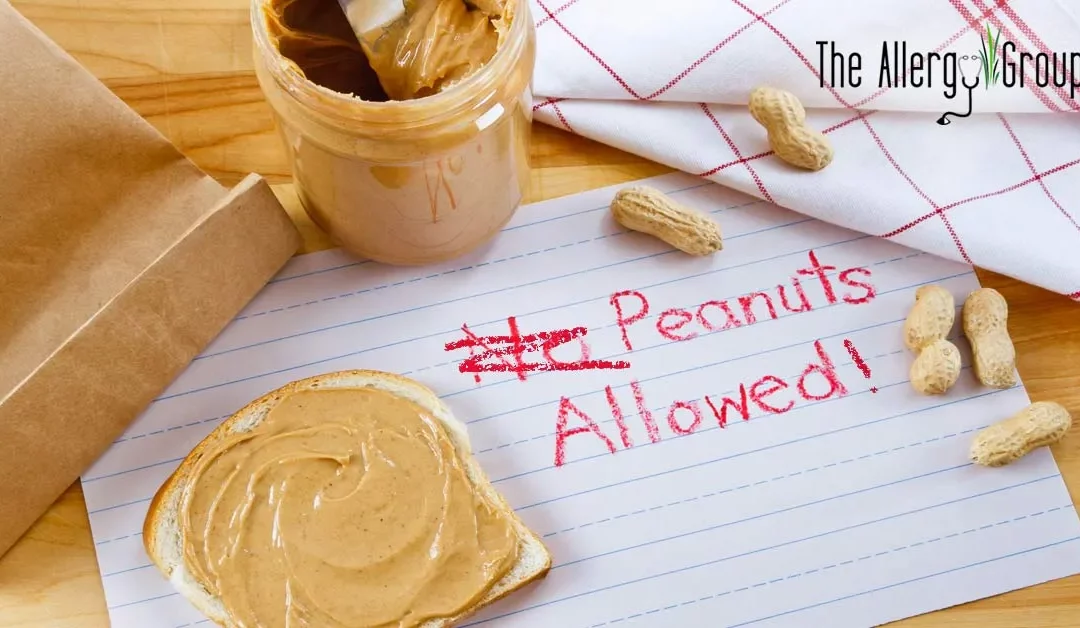The Realities of Food Allergies
The number of children in the United States that suffer from food allergies is nearly 6 million; the number of those that have suffered a severe reaction is approximately 40 percent. These statistics create an extreme amount of fear for parents.
Foods like peanuts, milk, eggs and shellfish are all around us. Imagine the constant anxiety you would have as a parent at holiday get-togethers or birthday parties. If someone was not aware of a food allergy there could be an unintentional exposure and severe reaction.
A Proactive Approach to Food Allergies
What if there was a way to have a proactive approach to food allergies? Instead of a reactive approach treating food allergies with medications like an EpiPen or Benadryl? The process of Oral Immunotherapy is done through a controlled dose of the allergen being given under supervision in the clinic.
If the dose is handled well, the same dose will be given daily at home until follow up in 1-2 weeks. The specific dosing varies from food to food, but the concept includes a dose administered in the clinic followed by a 45-minute observation period. The goal is to decrease the potential reaction associated with the allergen, not necessarily to cure the patient.
Oral Immunotherapy Changes Lives, Reduces Fears
Through OIT, patients can reduce the risk associated with accidental exposures. Doses can be given until a food is “bite proof,” or until the patient is able to freely eat the allergenic food without reaction. To be “bite proof” means that a patient can safely ingest an accidental bite of food or eat a food that has been cross contaminated with the allergen.
After going through OIT, the allergenic food must be kept in the diet as a maintenance dose to maintain the low risk. Most studies show that 80-90% of patients are able to successfully complete the OIT program.
If you or someone you know suffer from food allergies, please contact The Allergy Group to schedule a consultation. Oral Immunotherapy is available to individuals with allergies to peanut, milk, wheat, tree nut, cashew, soy and egg.


